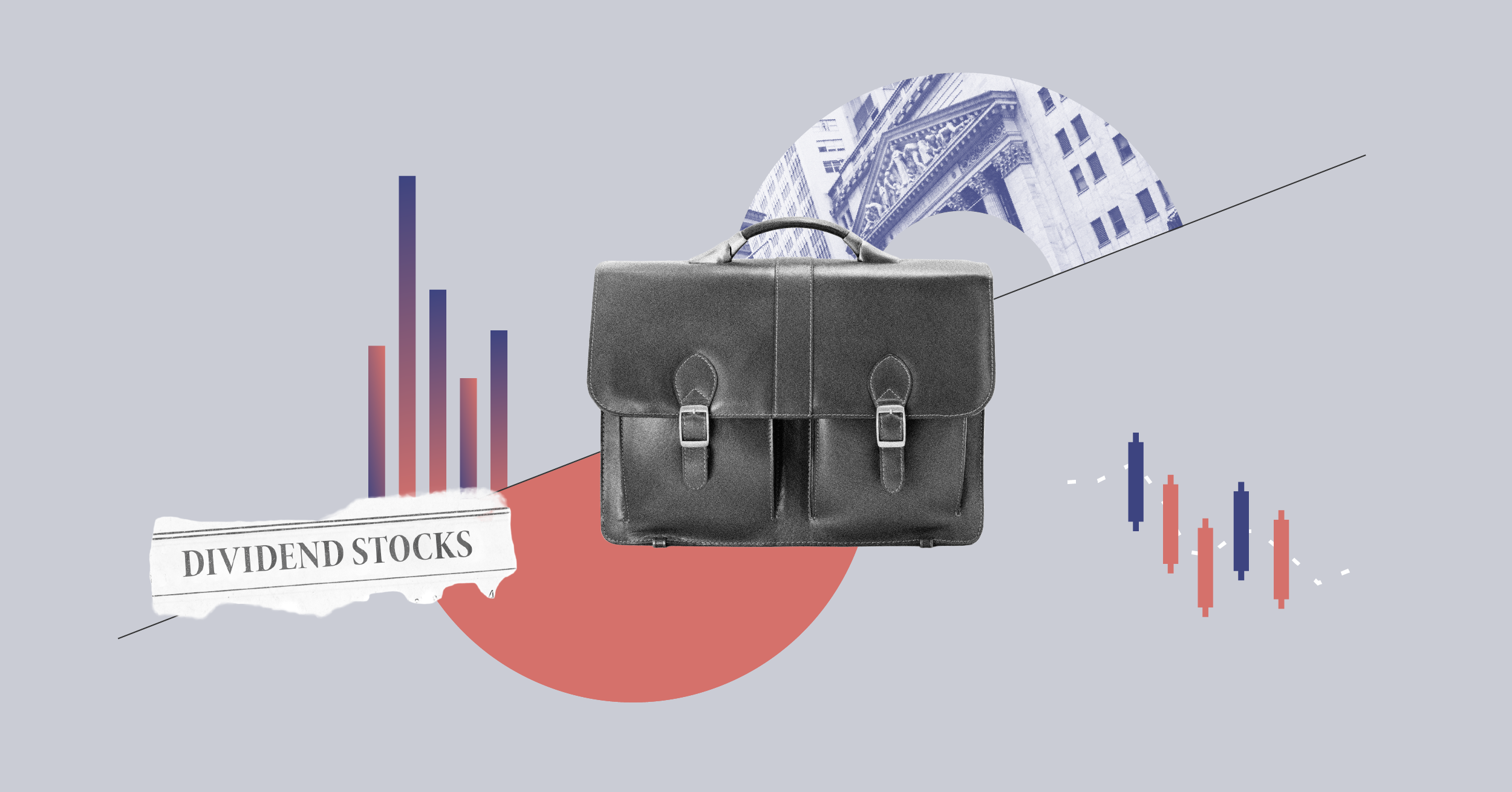
There have been many changes in the bond market since the financial crisis, but one constant remains: Debt is big business.
My colleagues articulate the many benefits of debt and its role in our society, but I’d like to offer an alternative take and explore the dangers of debt from a financial-planning perspective. In doing so, I’m taking the minority position in our society. The forces encouraging people to take on debt are powerful--our universities, the real estate industry, bankers, and auto manufacturers, to name just a few. Consume today; no need to worry about the payment until tomorrow. It’s a loud and constant refrain. The voices speaking against debt are a small squadron of financial advisors who are easily drowned out. But these small voices carry words of great wisdom.
Smart money minds understand the enormous cost of debt. [Tweet it] Famed money manager John Templeton was so opposed to it that he counseled individuals to never take on any debt at all. Even when buying a house, Templeton argued for saving until one could pay the full purchase price. Can you imagine how much lower house prices would be if everyone took that advice? Paying in cash makes one much more price-conscious. Without debt, the real estate profession would be far less lucrative. Without debt, our universities would never have gotten away with the egregious price increases of recent decades. But what has enriched our schools has crippled a generation of students with debt that will sharply curtail their career choices and their retirement security. And the overspending of generations of politicians now poses a dire threat to the health of debt-addicted municipalities.
It’s time to think of debt along the same lines as we are now looking at the opioid crisis. Today, we see the role that pharmaceutical companies, drug distributors, physician incentives, and lax regulation play in this grievous problem. We’re beginning to hold these parties responsible for the damage they have done. Shouldn’t we look at the bankers, the predatory lenders, the overcharging university and housing industries, and government policies that encourage indebtedness with a similarly skeptical eye? Debt, like drugs, offers an immediate high, but comes with a heavy hangover and the risk of overdose, as seen by individuals who were highly leveraged at the onset of the global financial crisis.
In the absence of leverage, the global financial crisis--the worst so far of our lifetime--was unpleasant but survivable. Indeed, retirement account balances returned to their precrisis highs within just a few short years. They did so by observing a handful of prudent investing principles. First and foremost, these plans do not allow leverage. Moreover, they are diversified across multiple securities and asset classes. They are often automatically rebalanced, and participants generally did not flee to cash at the bottom and instead continued to make additional contributions throughout the downturn.
With such prudence, the storm was weathered. But prudence would have been undermined had these plans been leveraged as many individuals were with their houses or real estate investments. Debt is dangerous.
It’s time that we recognize that those encouraging easy money, like the drug dealer promising instant pleasure, are not always acting in our best interest. Like medication, debt offers some benefits and when used prudently can be life-enhancing, but our society relies far too heavily on both drugs and debt. We’ve rendered many antibiotics ineffective by overprescribing them, and we’ve addicted countless souls to painkillers through overuse. Similarly, we saddle our youth with student debt, forcing them to toil in careers that aren’t right for them and to delay retirement saving. We then entice them with credit cards upon graduation, encouraging still greater consumption. Is this really the good life, or does the cost outweigh the benefit?
In a healthier world, debt merchants would play a far lesser role in our lives. Debt would not be the massive business that it has become. It’s time we view the actions of the debt industry not with gratitude for the high, but with scorn for the hangover. For a lost generation of debt-laden scholars, for owners of houses that are well beyond their means, and for those individuals whose indebtedness threatens their retirement possibilities, the change can’t come soon enough. Join the chorus of wise financial advisors and make debt a much smaller part of your life and the lives of your clients. The going up ain’t worth the coming down.
















